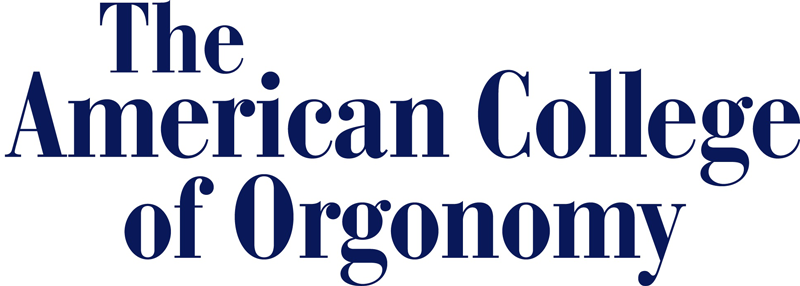Explore the Sciences of Orgonomy
Discover how orgonomy bridges biology, physics, medicine, and social science to deepen our understanding of nature and human functioning.
The American College of Orgonomy advances scientific research, education, and practice across multiple disciplines. Explore how orgonomic science sheds light on life’s energy systems and the natural world.

